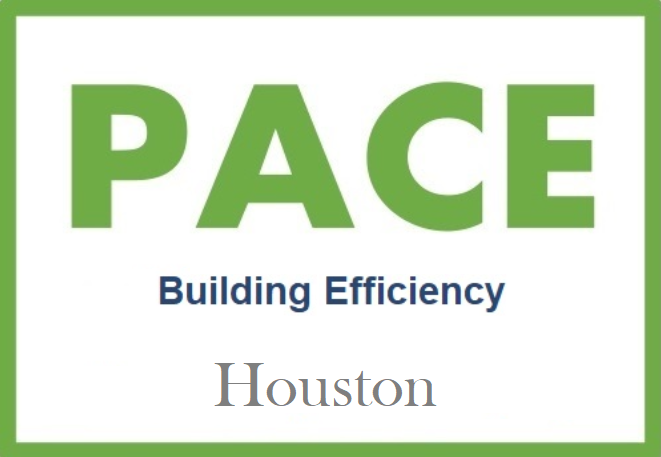2018 List of Consenting Lenders to Date
America’s Christian Credit Union, A2B2 LLC, Academy Bank, Ally Bank, Ally Capital, Amalgamated Bank, American Agricultural Bank, American River Bank*, American West Bank, Ameriprise Financial, Ameritas Investment Partners, Bank of America*, Bank of Ann Arbor, Bank of New York Mellon (as Trustee), Bank of Sullivan, Bank of the West*, Bank Rhode Island, Bankwell, Banner Bank, BBCN Bank, Berkshire Bank*, BMO Harris Bank, Bremer Bank, Bridge Bank, Business Lenders LLC, Byzantine Diocese of Stamford, CAB Associates, California Bank and Trust*, California Plan of Church Fi-nance, Inc, Capital Region Development Authority, Cen-Cal Business Finance Group, Charter Oak Federal Credit Union, Chase, Chelsea Groton Bank, Chelsea State Bank, Chestnutz, Cheviot Savings Bank, Circle Bank, Citibank, Citizens Bank*, Citizens Business Bank, City National Bank, Connecticut Innovations, CT Dept of Economic & Com-munity Development, CTBC Bank Corporation, CW Capital, Department of Economic and Community Development (CT), Deutsche Bank*, Dime Bank, District of Columbia Housing Authority, Eagle Bank, Exchange Bank*, Fairfield County Bank, Farm Credit East, Farmington Bank, Fifth Third Bank*, First Bank of Boulder*, First Bank of Lake Forest, First Citizens Bank & Trust, First Community Bank*, First County Bank, First Mountain Bank, First National Bank of Boulder*, First Niagara Bank*, First Republic Bank*, First State Bank & Trust, First Utah Bank, Five Star Bank, Flatirons Bank of Boulder, Folsom Lake Bank, Free and Clear, Genworth Life Ins. Co, Golden Pacific Bank, Great Western Bank, Greater Sacramento Development Corp., GRS Realty, LLC, Guaranty Bank and Trust*, Hanmi Bank, Helaba Landesbank Hessen-Thüringen, Heritage Bank of Commerce, Hometown Bank, HSH Nordbank, JP Morgan Chase*, Key Bank, Layne Foundation, Lehman Brothers, Liberty Bank, Litchfield Bancorp*, M&T Bank, Marion Haddad, McCoy Ventures, Mechanics Bank, Mercedes Benz Financial Services, Metropolitan Life Insurance(and as LIHTC Investor)*, Michigan Business Connection LLC, Monson Savings Bank, Mortgage Calmwater Capital, Mutual of Omaha Bank, National Iron Bank, New Resource Bank*, Newtek Small Business Finance, LLC, Newtown Savings Bank, NorthEast Community Bank, Northwest Mutual Insurance, NUVO Bank, NY State Teachers’ Retirement System, Oritani Bank, Pacific Alliance Bank, Pacific Premier Bank, Pacific Union 7th Day Adventists (Parker Mortgage & Investment Co.), Patriot Bank, People’s National Bank, Peoples Bank of Massachusetts, Peoples United Bank, Plumas Bank, Preferred Bank, Premier Valley Bank, Presbyterian Church Investment & Loan Program, Inc., ProAmerica, Prosperity Bank, Protective Life Insurance, Prudential Insurance, PyraMax Bank, Milwaukee Economic Develop-ment Corporation, Redwood Credit Union*, Riversource Life Insurance Company, Rockland Trust*, Rockville Bank, Royal Bank of Canada (as LIHTC Syndicator), Royal Credit Union, Salisbury Bank & Trust, Santa Cruz County Bank, Savings Institute Bank & Trust, Security Bank of Kansas City Simsbury Bank, Sonoma Bank*, Stancorp Mortgage Investors*, Standard Life Insurance, State Bank of Delano, Sterling Savings Bank*, Summit State Bank, TD Bank, The Private Bank & Trust, Thomaston Savings Bank, Torrey Pines Bank, Toyota Financial Services, TriCounties Bank/Private party, Umpqua Bank*, Union Bank of California, Union Savings Bank*, United Bank*, UPS Capital Business Credit, US Bank*, US Department of Agriculture (USDA), US Small Business Administration (SBA)*, Vectra Bank, Washington D.C. Housing Authority, Washington Trust*, Waterbury Development Corporation, Webster Bank, Wells Fargo*, West America Bank*, Westerly Community Credit Union, Westfield Bank, Whitcraft, LLC, Whittier Trust Company of Nevada, Wilshire Bank, Windsor Federal Savings
* More than one consent provided
Source: PACENow


